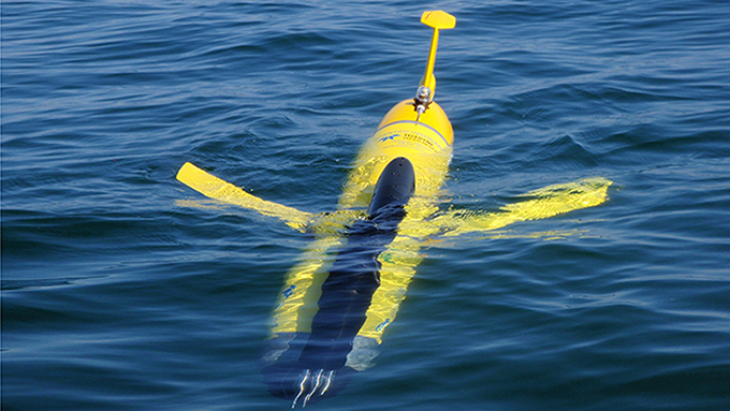Small-Scale Physics and Turbulence

An ocean glider before diving -Image: Raimo Koptezky/Hereon-
Building resilient coasts and coastal communities relies on making accurate forecasts and predictions regarding our changing coastal seas. These changes are varied and include the impacts of offshore wind farms, and the devastation of extreme storms, to the warming of the ocean surface layer. However, accurate predictions and forecasts rely on a solid understanding of physical processes that are often too small-scale to be represented in ocean models and forecast systems. These small-scale processes often involve the difficult-to-quantify chaos of fluid turbulence that exists nearly everywhere in the oceans and atmosphere. Therefore, the Small-scale Physics and Turbulence group researches turbulent physical processes that are needed to accurately predict and forecast changing coastal ocean conditions to support scientifically-informed coastal management decisions. Currently, we are contributing to the following specific research topics:
- Impacts of offshore wind energy
- Improving forecasts of extreme storms through ocean feedbacks (ERC Consolidator Grant)
- Improving climate model representation of the ocean surface
- Advancing autonomous coastal technologies
